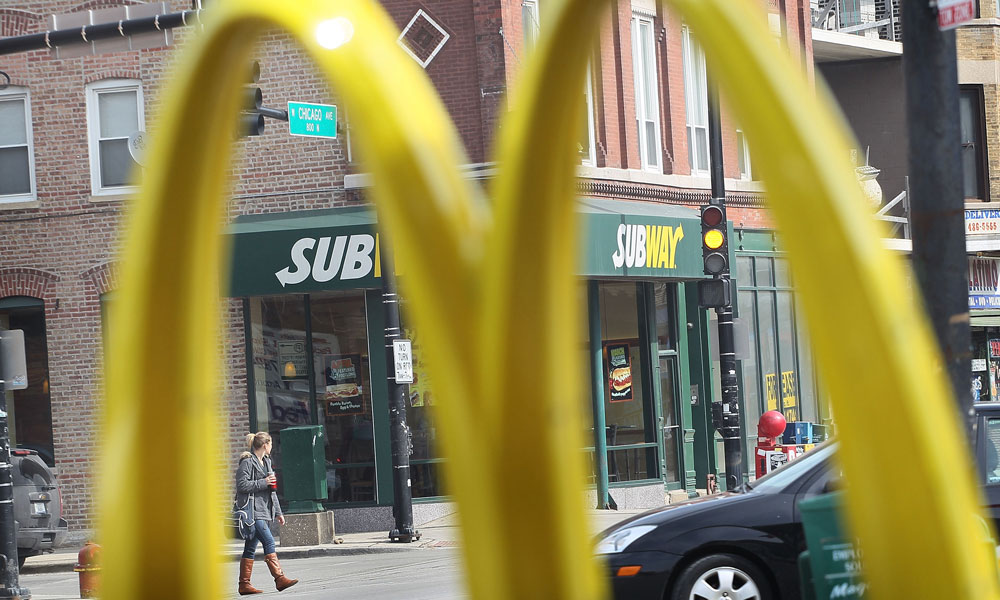
Court Rejects Franchise Association Bid to Block Seattle Minimum-Wage Law
A federal judge declined to grant the International Franchise Association a preliminary injunction against portions of Seattle's minimum-wage law, which IFA says discriminates against its members. However, the group plans to continue its fight against the $15-per-hour minimum wage.
One of the country’s most aggressive attempts to boost the minimum wage is going into effect next month, despite a legal challenge by the International Franchise Association.
IFA, which has emerged as a leading critic of Seattle’s decision to increase the city’s minimum wage to $15 per hour, has opposed the measure because it treats individual franchisees the same as their corporate parents. Under the law, franchisees are classified as large businesses, which must begin to phase in the new minimum wage over a three-year period that starts April 1. Independent businesses with fewer than 500 employees have seven years to fully implement the law.
In a legal challenge, the association argued that the ordinance violates the Equal Protection Clause of the U.S. Constitution by discriminating against franchisees and violates the Commerce Clause by unfairly burdening out-of-state businesses.
On Tuesday, U.S. District Court Judge Richard A. Jones rejected those arguments and denied IFA’s request for a preliminary injunction that would have stopped the relevant portion of the law from going into effect.
“Here, there is simply no credible evidence in the record that indicates franchisees will close up shop or reduce operations, or that new franchisees will not open up in Seattle,” Jones wrote in his ruling [PDF]. “Although one plaintiff’s declaration indicates that the faster phase-in may cause her to go out of business, she is only speculating.”
Down, But Not Out
While the ruling is a setback for the group, IFA President and CEO Steve Caldeira pledged Wednesday that the association would continue to fight the law.
“Yesterday’s decision is clearly a disappointment, but it is not the end of this fight,” Caldeira said in a news release. “The ordinance is clearly discriminatory and would harm hardworking small-business owners who happen to be franchisees.”
Caldeira said that the law threatens the long-accepted franchise model and that the association “will continue to fight against discrimination of small-business owners in Seattle and elsewhere.”
Other associations echoed IFA’s reaction.
“Yesterday’s decision to allow this unfair targeting of small businesses is part of a troubling pattern where the franchise model is under attack,” American Hotel & Lodging Association President and CEO Katherine Lugar said in a statement. “Under this law, the mom-and-pop hotels that make up a vast majority of our industry are considered large employers simply because of their affiliation with national brands.”
Angelo Amador, senior vice president of labor and workforce policy and regulatory counsel at the National Restaurant Association, called the ruling “a disappointing step backward.”
“As the nation’s second-largest private sector employer, the restaurant industry relies on the vision, innovation, and risk-taking of our startups and franchisees, and we will continue to fight against harmful decisions that threaten our members,” Amador said in a news release.
(Scott Olson/Getty Images)






Comments